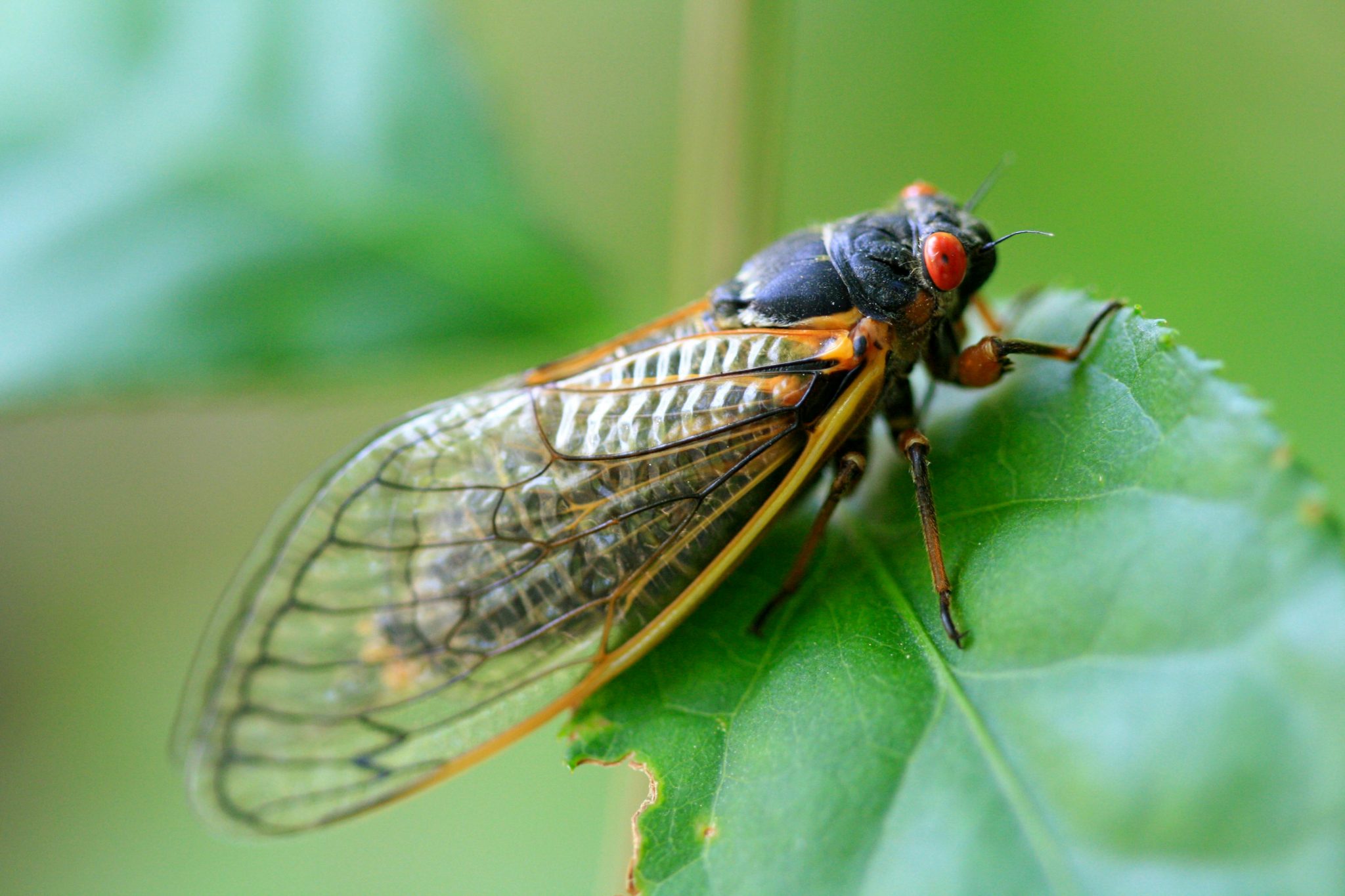By Abigail Roedersheimer
For The Diamondback
For the first time since 1803, Brood XIX and Brood XIII cicadas will emerge at the same time this year.
Faculty in the University of Maryland’s entomology department are planning to study both broods this spring. Brood XIX cicadas are on a 13-year emergence cycle and Brood XIII cicadas are on a 17-year cycle. Both broods are expected to emerge from the ground between late April and early May. The next double-emergence for two different cicada broods is predicted to happen in 2037.
St. Mary’s County is the only area of Maryland expected to witness one of the broods, Brood XIX — one of the largest broods in the country. When this brood last emerged in 2011, Michael Raupp, a professor emeritus in this university’s entomology department, was there to study them. He plans to travel to St. Mary’s County again this year.
“They are holding on in one very, very tiny corner of St. Mary’s County,” Raupp said. “Fingers crossed that whatever has intervened in the past 13 years has not extricated their population.”
Development in the area since 2011 could harm the chances of cicadas emerging, Raupp said.
Raupp works on developing sustainable ways to manage invasive species. This year, he hopes to continue a project that studies how the holes cicadas make when they emerge increase water filtration in the ground.
[Prince George’s County gets its first weather monitoring station]
“It’s a benefit they provide and one more piece of their interesting puzzle that periodical cicadas are involved with,” Raupp said.
Those living in Missouri or Illinois can expect nearly all parts of their home state to see one or both broods this spring. It is unlikely that the broods will overlap anywhere, but if they do, an interesting interbreeding phenomenon may occur, according to Raupp.
“We don’t really know what the outcome of that might be,” Raupp said. “Would they switch to a 13-year cycle? Would they switch to a 17-year cycle? Or would there be some strange off-cycle hybrids that emerge?”
Raupp plans to bring some undergraduate students and university staff, such as entomology professor Daniel Gruner, to see the cicadas in Maryland.
Gruner published a paper in October 2023 studying birds that eat periodical cicadas in collaboration with researchers at George Washington University and Georgetown University. He plans to continue this research during this emergence.
“If birds switch their foraging to cicadas from a more generalized diet of fruits, nuts and insects that feed on plants, they could be getting a different nutritional profile. We think of [cicadas] as pretty nutritious, but they might lack some vital vitamins and nutrients,” Gruner said. “We’d like to get a look at their nutritional content.”
Gruner also hopes to take students to see the cicadas to look into long-term nesting data for birds and swallows in years with periodical cicadas and years without.
[College Park has lost 8 acres of tree canopy over last decade, new assessment shows]
Building research programs on periodical cicadas can be difficult to manage compared to other study areas that are present every year, Gruner said.
Gruner is working with Allison Huysman, a first-year doctoral student at this university who is studying the changes in bird diets during cicada emergences with the Smithsonian Conservation Biology Institute.
While Huysman has spent a long time researching birds, she is relatively new to cicada analysis.
“It’s been fun to see how you can integrate these different things,” Huysman said. “It’s new, but I think there are lots of possibilities.”
While it may be Huysman’s first time studying cicadas, Gruner and Raupp, both experienced cicada researchers, expressed excitement about the upcoming event. For Raupp, there is “nothing else in the universe” like a cicada emergence.
“There are literally millions of these large insects, the big boy band is cranked up and they’re singing their hearts out for romance, trying to find the right mate, and birds are eating them,” Raupp said. “There’s murder and mayhem along with romance and magic.”
CORRECTION: A previous version of this story misstated Michael Raupp’s department. Raupp is a professor emeritus in this university’s entomology department. This story has been updated.



